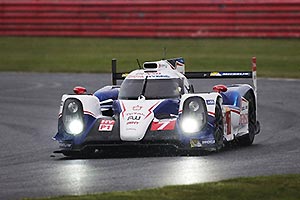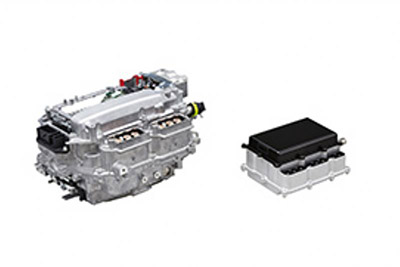 You might be wondering what Toyota’s entrant in next month’s Le Mans 24 hour race has to do with hybrid power technology … after all race cars are more about burning fuel than conserving fuel.
You might be wondering what Toyota’s entrant in next month’s Le Mans 24 hour race has to do with hybrid power technology … after all race cars are more about burning fuel than conserving fuel.
You might also be wondering what Toyota is doing about hybrid power technology. Sure they produced the Prius and the hybrid Camry but is that all there is to hybrid power technology? Have they gone cold on the technology?
Well the short answer to that question is a resounding … no! And Toyota’s entrant in the Le Mans 24 Hour race is proof that Toyota is working hard to use hybrid power to save even more fuel.
At the heart of the hybrid power technology found in the Prius and the hybrid Camry is the power control unit that governs the flow of electricity from the battery to the motor during acceleration and from the motor back to the battery when the car is braking or slowing down.
Unfortunately the amount of electricity that moves to the motor or back to the battery is not 100 percent of the electricity stored or generated and around 20 percent of that power loss can be attributed to the semi conductors … the computer chips … in the power control unit.
And that is what Toyota has been working on … and testing in their Le Mans 24 Hour cars.
The new hybrid power technology incorporates a new generation of computer chips that will cut power loss and increase fuel economy by as much as 10 percent. At the same time the size of the power control unit will be reduced by a whopping 80 percent.

While it will still be some time before we see the new power control units in production they are undergoing some rigorous testing and next month’s race will be one of their major tests to date.
The new unit in the TSO4O Hybrid has led to an increase in power of around 18 percent while fuel consumption has been cut by 25 percent.
Testing of the new units under normal road conditions is expected to begin within the next year so Toyota hasn’t gone cold on the development hybrid power technology. In fact they are pushing ahead with it and the future for hybrid power looks interesting.
